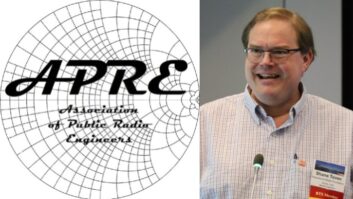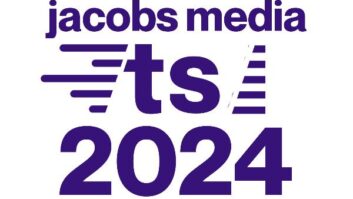It’s been a month since a federal judge in Virginia gave VerStandig Broadcasting and SoundExchange 30 days to settle their webcasting streaming royalty lawsuit.
The declaratory judgment suit filed by VerStandig in April 2014 argues that using “geo-fencing” streaming technology would allow the broadcaster to cap streaming content to within 150 miles of its transmitter. The broadcaster claims using geo-fencing qualifies it for an exemption under webcasting copyright law and protection from streaming music recording royalties collected by SoundExchange, which distributes the money to copyright owners.
SoundExchange claims in court documents the 150-mile royalty exemption set down by the Copyright Office only applies to satellite and cable systems and not broadcast streaming via the Internet.
Judge Michael Urbanski at an Oct. 24 hearing directed the parties to “work out details and resolve the case” or the court would write an opinion and rule on the case, we reported.
“Unfortunately, SoundExchange rejected plaintiff’s proposed covenant not to sue and declined to engage in any further settlement discussions,” VerStandig’s attorney wrote in a letter to the judge last week. In doing so, the VerStandig attorney claims SoundExchange “abandoned its theory that it is the wrong defendant” in the declaratory judgment action.
SoundExchange asked the judge to dismiss the suit in June, citing what it said was a lack of court jurisdiction to hear the matter and the fact that no case or controversy yet exists between the parties.
A September opinion of a Virginia magistrate judge appeared to be a setback for VerStandig. The preliminary decision, which is non-binding, recommended that the case should be tossed because of lack of a “controversy” between the parties.
Background:
Geo-Fencing Court Battle Heats Up (Nov. 2014)











